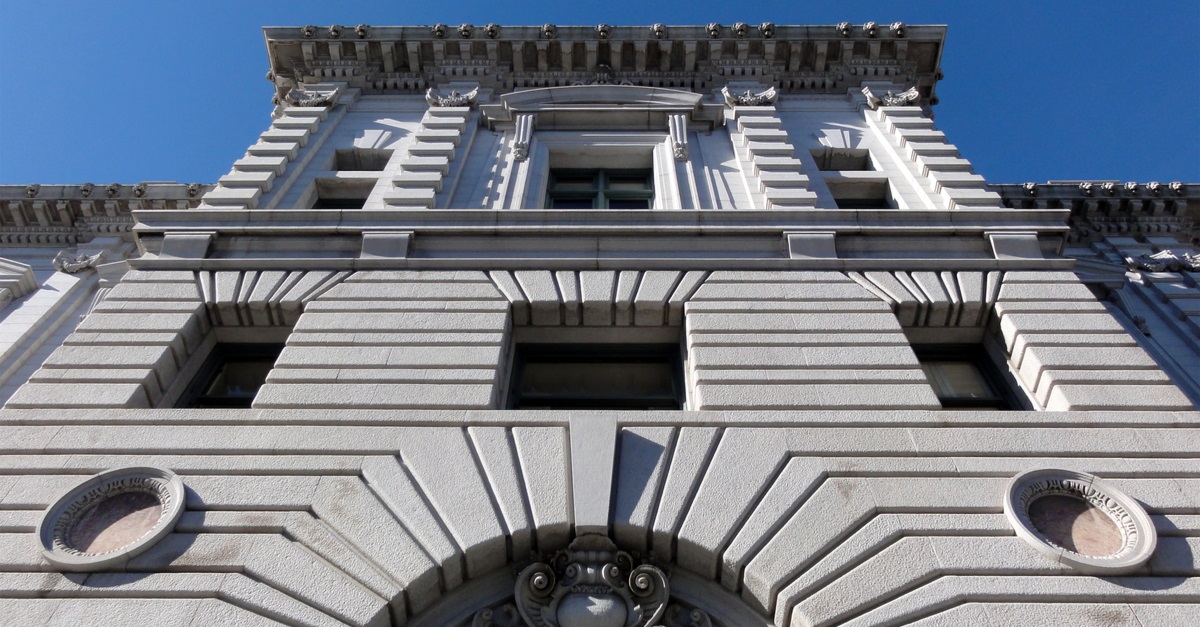
January 29, 2021
On January 26, 2021, the U.S. Court of Appeals for the Ninth Circuit reaffirmed the broad protections afforded to corporations and their officers when speaking about a company’s future plans and projections. See Wochos v. Tesla, Inc., –F.3d–, 2021 WL 246210 (9th Cir. Jan. 26, 2021). The Tesla opinion analyzes the scope of the “safe harbor” for forward-looking statements provided by the Private Securities Litigation Reform Act (“PSLRA”), which immunizes corporations and those speaking on their behalf from securities law liability premised on statements about a company’s plans, objectives, and projections of future performance, as well as the assumptions underlying those statements. See 15 U.S.C. § 78u-5. The Ninth Circuit reached the common sense conclusion that the Safe Harbor protects companies and senior officers when speaking about future plans and projections, even when those statements touch on the current state of affairs.
In Tesla, shareholder plaintiffs brought securities fraud claims against Tesla and certain of its officers regarding statements about Tesla’s progress in producing the Model 3 sedan. Plaintiffs alleged that statements about Tesla’s plans to meet certain production goals, including that Tesla was “on track” to meet these goals, were misleading because Tesla faced manufacturing challenges that made these goals hard to achieve. Plaintiffs claimed that the challenged statements were not forward-looking statements protected by the Safe Harbor because “these predictive statements contain embedded assertions concerning present facts that are actionable.”
The Ninth Circuit disagreed. While recognizing that a forward-looking statement may “contain[] non-forward-looking features” that are not protected by the Safe Harbor, the Court held a plaintiff can only make this showing by pleading “sufficient facts to show that the statement goes beyond the articulation of ‘plans,’ ‘objectives,’ and ‘assumptions’ and instead contains an express or implied ‘concrete’ assertion concerning a specific ‘current or past fact[].’” The Court reasoned that Tesla’s “statements that it was ‘on track’ to achieve” its goal of producing cars “and that ‘there are no issues’ that ‘would prevent’ Tesla from achieving the goal” were forward-looking, even though couched as statements about Tesla’s present state of affairs, “[b]ecause any announced ‘objective’ for ‘future operations’ necessarily reflects an implicit assertion that the goal is achievable based on current circumstances.” In other words, these statements about Tesla’s goals were “merely alternative ways of declaring or reaffirming the objective itself.” By contrast, if a statement about a future objective is accompanied by “a concrete factual assertion about a specific present or past circumstance,” the statement may fall outside the Safe Harbor because—“unlike ‘on track’ assertions—they do not rest on the sort of features that are intrinsic to all forward-looking statements.”
Separately, the Court offered helpful guidance on another element of securities fraud—loss causation, or the requirement that the plaintiff show that its losses were caused by fraud instead of something else. The Court found that it would be futile for plaintiffs to amend their complaint because even though Tesla’s stock price declined modestly following one of the challenged disclosures, the stock price rebounded the following day and was trading at prices above the pre-corrective disclosure price later in the week, which “refutes the inference that the alleged concealment of this particular fact caused any material drop in the stock price.”
* * *
The Ninth Circuit’s delineation between statements about concrete facts (which may be actionable), and unadorned statements about a company’s present belief in its ability to achieve future goals (which are not), should provide useful clarity for corporate speakers.
Gibson Dunn lawyers are available to assist in addressing any questions you may have regarding these developments. Please contact the Gibson Dunn lawyer with whom you usually work, any member of the Securities Litigation practice group, or the authors:
Brian M. Lutz – San Francisco/New York (+1 415-393-8379/+1 212-351-3881, blutz@gibsondunn.com)
Michael J. Kahn – San Francisco (+1 415-393-8316, mjkahn@gibsondunn.com)
Securities Litigaton Group:
Monica K. Loseman – Co-Chair, Denver (+1 303-298-5784, mloseman@gibsondunn.com)
Brian M. Lutz – Co-Chair, San Francisco/New York (+1 415-393-8379/+1 212-351-3881, blutz@gibsondunn.com)
Robert F. Serio – Co-Chair, New York (+1 212-351-3917, rserio@gibsondunn.com)
Jefferson Bell – New York (+1 212-351-2395, jbell@gibsondunn.com)
Matthew L. Biben – New York (+1 212-351-6300, mbiben@gibsondunn.com)
Jennifer L. Conn – New York (+1 212-351-4086, jconn@gibsondunn.com)
Thad A. Davis – San Francisco (+1 415-393-8251, tadavis@gibsondunn.com)
Ethan Dettmer – San Francisco (+1 415-393-8292, edettmer@gibsondunn.com)
Mark A. Kirsch – New York (+1 212-351-2662, mkirsch@gibsondunn.com)
Jason J. Mendro – Washington, D.C. (+1 202-887-3726, jmendro@gibsondunn.com)
Alex Mircheff – Los Angeles (+1 213-229-7307, amircheff@gibsondunn.com)
Craig Varnen – Los Angeles (+1 213-229-7922, cvarnen@gibsondunn.com)
Robert C. Walters – Dallas (+1 214-698-3114, rwalters@gibsondunn.com)
Aric H. Wu – New York (+1 212-351-3820, awu@gibsondunn.com)
© 2021 Gibson, Dunn & Crutcher LLP
Attorney Advertising: The enclosed materials have been prepared for general informational purposes only and are not intended as legal advice.
"looking" - Google News
January 30, 2021 at 01:44AM
https://ift.tt/2YrCTD5
Ninth Circuit Upholds Broad Protection for Corporate Officers Making Forward-Looking Statements - Gibson Dunn
"looking" - Google News
https://ift.tt/2tdCiJt
Shoes Man Tutorial
Pos News Update
Meme Update
Korean Entertainment News
Japan News Update
Bagikan Berita Ini














0 Response to "Ninth Circuit Upholds Broad Protection for Corporate Officers Making Forward-Looking Statements - Gibson Dunn"
Post a Comment